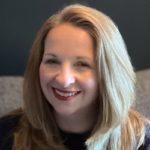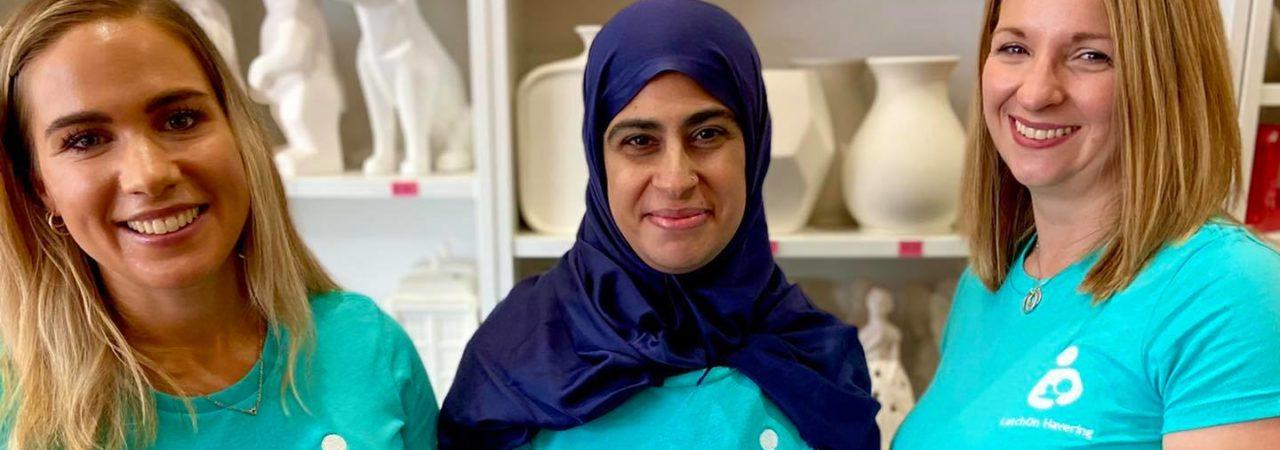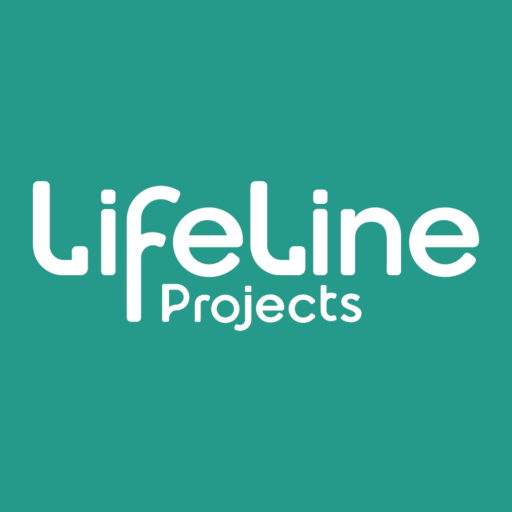This month, we have a special guest in Katharine Haynes, who runs LatchOn Havering, a charity that provides free support and information about breastfeeding to local families.
As you’ll see below, Katharine was inspired on her journey after taking part in a breastfeeding support programme run by LifeLine back in 2011. As we launch our new breastfeeding programme, we thought it only fitting to catch up with Katharine and hear a bit more about her experiences with LifeLine and running her own charity.
Where were you born and raised?


Born in Hackney, grew up Walthamstow. Where I was born is now posh flats. I loved growing up in Walthamstow, proper community feel. It’s diverse and I love that. I grew up in a very open family. I now live in Havering but that will change.
I used work in Newham while I was at uni, in the social services children’s planning review centre. That gave me real insight. I was studying history and politics at Westminster. I’ve always been interested in community action, always wanted to help, make things available for people—I hate inequality. That’s where LatchOn started. My mum was a really big influence— she was a breastfeeding counsellor for fifteen years. I used to go with her and watch her support women in their homes; she used to collect donor milk.
Did you come from a big family, how would you describe them?


I’ve an older brother, older sister, and a younger brother—bigger than most normal families now. We’re all very close. We sadly lost our dad in 1990—we had to look after each other, my younger brother was only five. That was significant period in our life. We’re always talking to each other; the door is always open. It’s all down to my mum making sure we were like that.
The biggest influence from dad was his morality—when our family got together, we either talked about politics or cricket. Even though I lost him when I was nine, I still feel influenced by his moral compass. He hated injustices. He had a vast worldly view—he saw people as people. He would never travel to Spain until Franco left power.
How did you get involved with LifeLine?


I saw an advert in a local paper for Totally Mums, a programme run by LifeLine back in 2011. I was pregnant with my second child at the time. They were training people to be breastfeeding peer supporters—so I applied.
It was amazing—there were 8-9 of us and, of course, we could bring our kids along. We started to do phone calls to mothers who needed support. I don’t think we reached as many people as we could’ve though. When the programme ended, I was talking to another mother and we decided to form a group and subsequently got funding for more peer supporters via the National Lottery—I was the only trained peer supporter within the group at the start.
You need to have people on the same wavelength, the same commitment, the same passion about subject you believe in.
We formed in 2013 but didn’t start support until 2014. We got a free community room at a local Tesco. It took us a year to set it up as we were all mothers with young children. Once we got the venue, it started fully—we started advertising it. Since then, we’ve run 511 sessions. The mums we helped came back later on. They can come to see us just socially or for more support.
In the UK, breastfeeding wasn’t really encouraged—especially in the last century when formula came into fashion. Nowadays, its considered a very middle class thing but it used to be the reverse. I guess we just don’t think it as they do in other countries. Most women do want to breastfeed but the support is not there.
Widely available support, especially right from the beginning, is very important. And mums supporting mums is the perfect scenario.
What have you learnt from the parent support groups?


I’ve learnt how to be better listener and that it’s important to be non-judgemental and as open you can. We’ve need to be as welcoming and friendly as we can be, as it can be quite daunting to attend at first.
How would you describe Lifeline?


I was pleased when LifeLine funded the breastfeeding training. It gave me a great impression of the organisation. It gave me the foundation for what I do today. From that, I managed to support hundred of women.
What’s the one thing no one knows about you?


I used to dive competitively in national competitions and I can play the flute.
What are you grateful for today?


I’m happy my children are happy. My eldest went to school today really happy and that was great as being a teenager these days can be really challenging.



